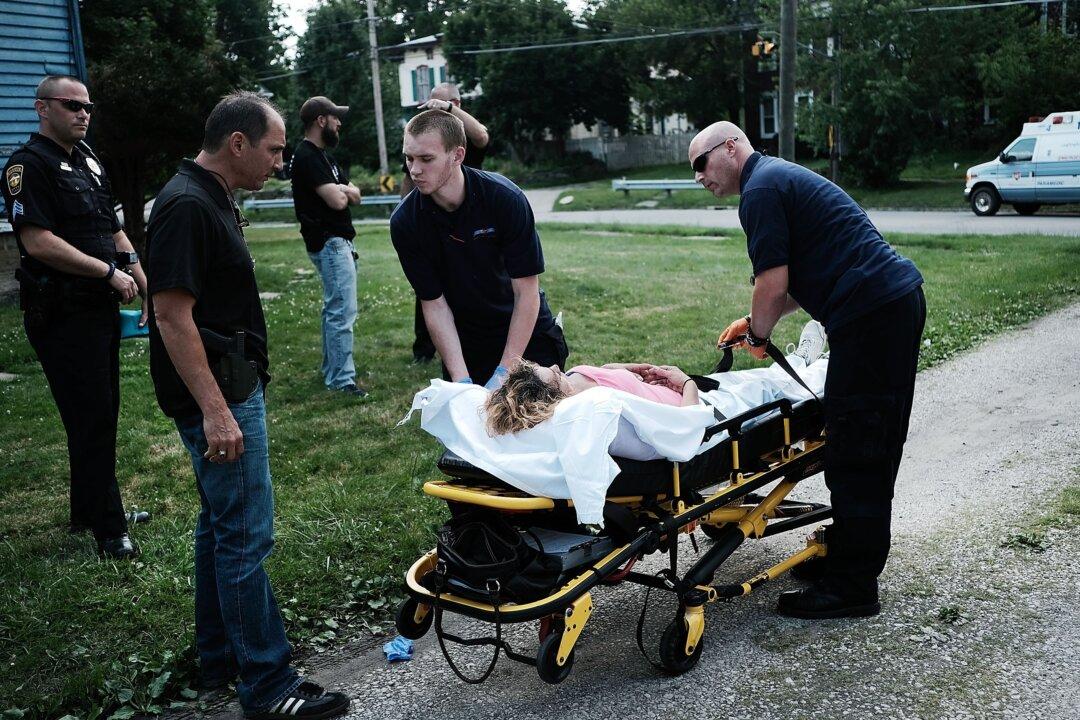Health experts warn that as pandemic-driven hardship puts added strain on the mental health of Americans, tens of thousands of lives may be lost due to outbreak-fueled drug or alcohol abuse and suicide.
Public health group Well Being Trust, in a new study published on May 8 (pdf), states that the COVID-19 outbreak could lead as many as 154,037 Americans to die additional “deaths of despair.”





